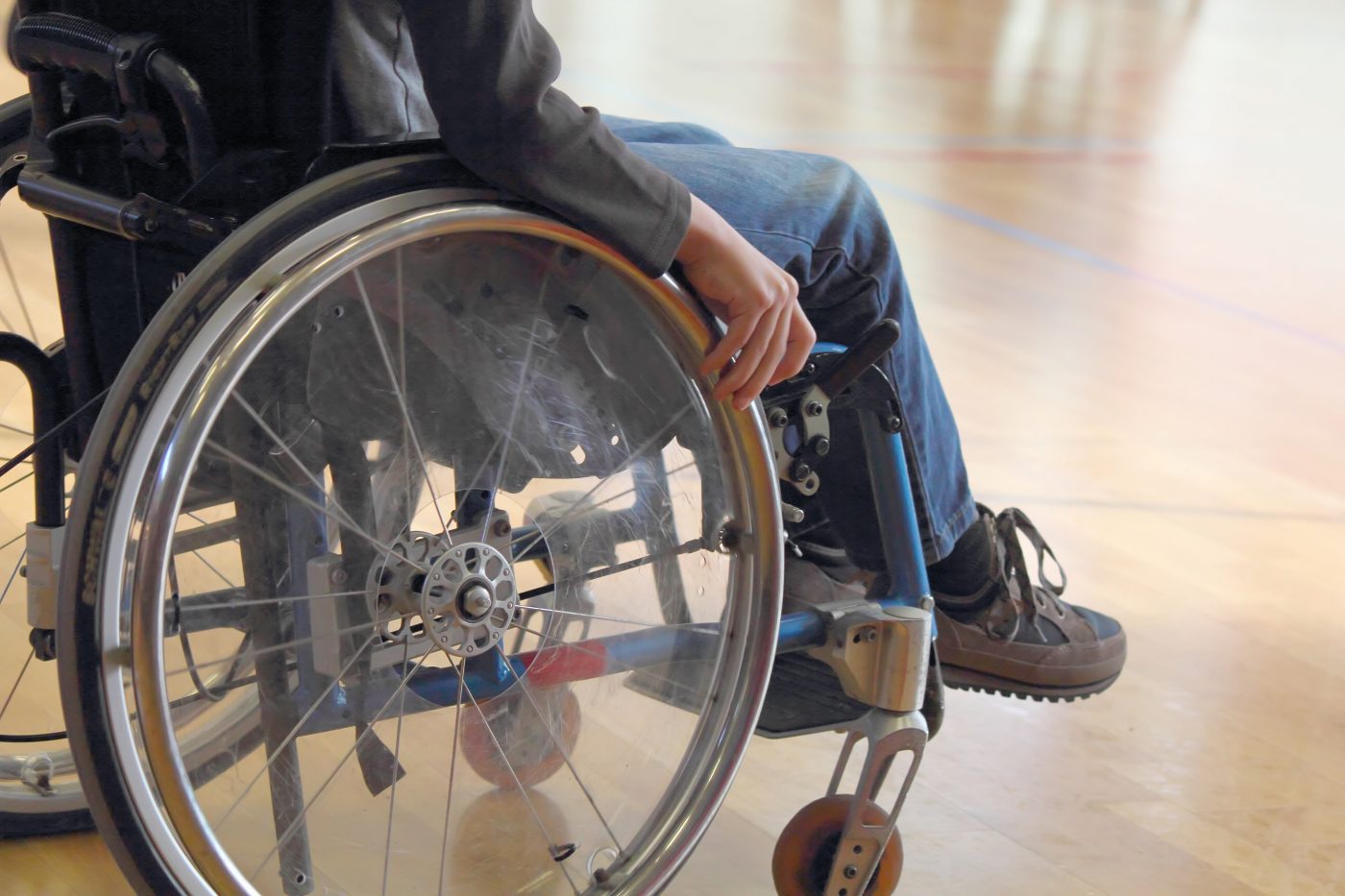BioMarin Analyzes the Natural History of Duchenne Muscular Dystrophy Disease Progression
Written by |

BioMarin Pharmaceutical Inc. announced the presentation of data regarding disease progression in patients with Duchenne Muscular dystrophy (DMD) at the 67th American Academy of Neurology (AAN) 2015 Annual Meeting in Washington, D.C., April 18-25. The presentation was entitled “Evaluating the Progression of Physical Impairment, Activity Limitation, and Quality of Life in Duchenne Muscular Dystrophy: A Prospective Natural History Study.”
DMD is an inherited disorder caused by a defective gene called dystrophin. The disease is characterized by progressive skeletal muscle weakness that leads to chronic inflammation and the loss of muscle cells and tissue, compromising locomotion and also respiratory and cardiac function. DMD has a rapid progression and affects mainly boys, with estimates that up to 1 in every 3,500 live male births develops the disease. The majority of the DMD patients require a wheelchair by the age of 12 and most patients succumb to the disease in early adulthood due to respiratory and cardiac failure.
BioMarin conducted a prospective, observational, multi-center study named PRODMD-01 (NCT01753804) to assess the physical impairment, limitations and quality of life of young males with DMD over time, in order to analyze the disease’s natural history and obtain information that may be valuable for the development of therapeutic clinical trials. No treatment or medication was assessed in this trial. The study enrolled 269 males, aged 3 to 18 years old, with a life expectancy greater than three years. Participants will be evaluated every six months over a three-year period, including the analysis of biomarkers of disease progression.
The company has now presented data on a 12-month interim analysis of 77 ambulatory patients. “These initial results are important to help us understand the progression of the disease as boys and young men with Duchenne muscular dystrophy grow and develop. Understanding the clinical course of the disease is critical to the design and analysis of clinical studies that will help make treatment a reality,” said the Chief Medical Officer of BioMarin Dr. Hank Fuchs in the press release. “We are grateful to the boys and families who are participating in this ongoing study.”
“We appreciate BioMarin’s commitment to driving forward meaningful research that will help the Duchenne community better understand the course of this devastating disease,” said the Executive Vice President and Chief Medical and Scientific Officer at the Muscular Dystrophy Association, Dr. Valerie A. Cwik. “We are optimistic that BioMarin’s contribution to the growing body of scientific information could expedite the development of treatment options for boys with Duchenne.”




